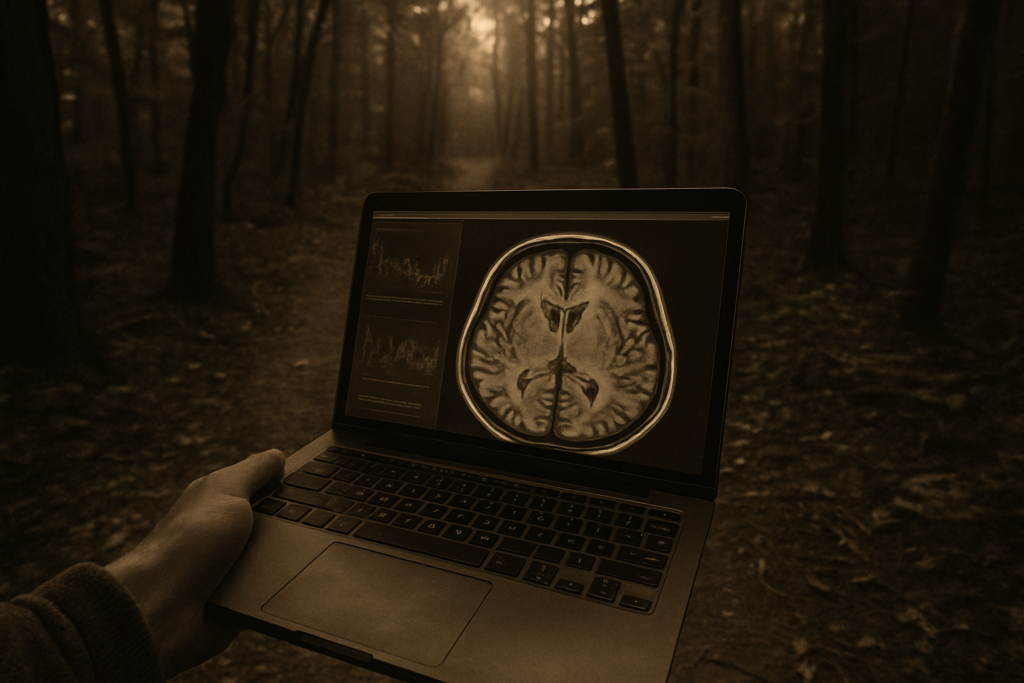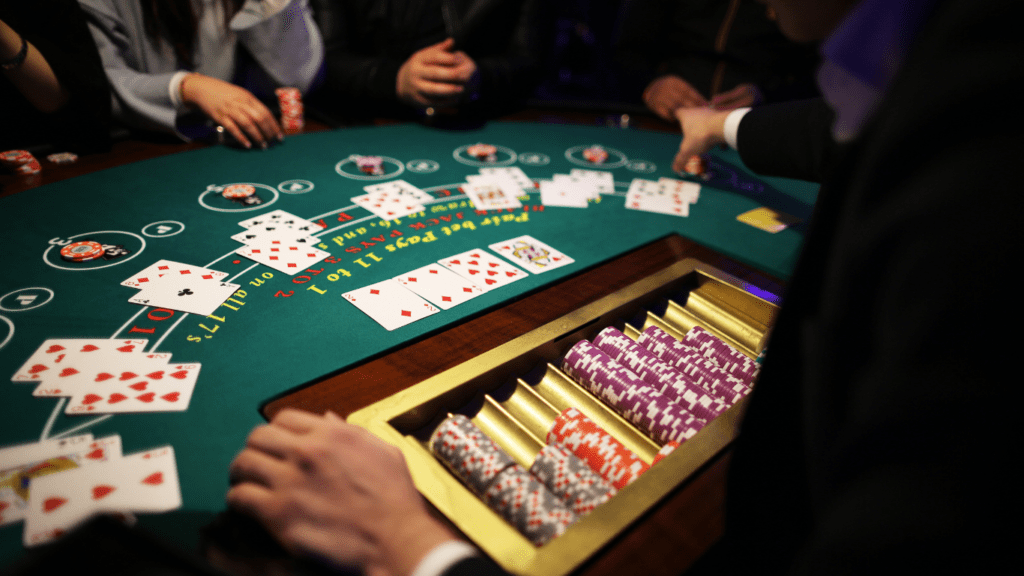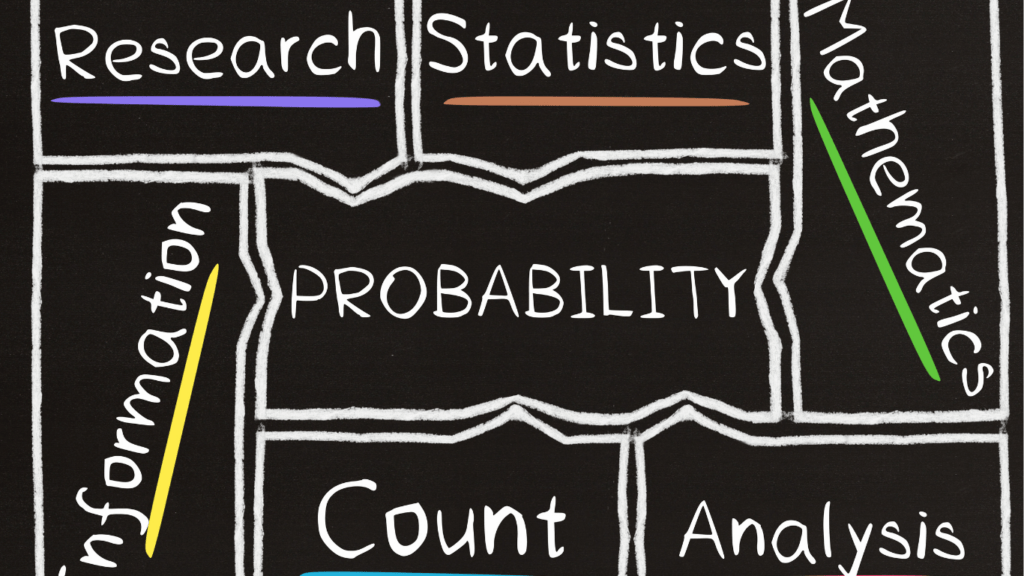Is Luck Real? What Science Says About the Odds
Defining Luck: Myth or Misunderstood? People have been trying to make sense of luck forever. Some say it’s pure chance. Others chalk it up to fate, karma, or supernatural alignment. Toss salt over your shoulder. […]
Is Luck Real? What Science Says About the Odds Read More »










